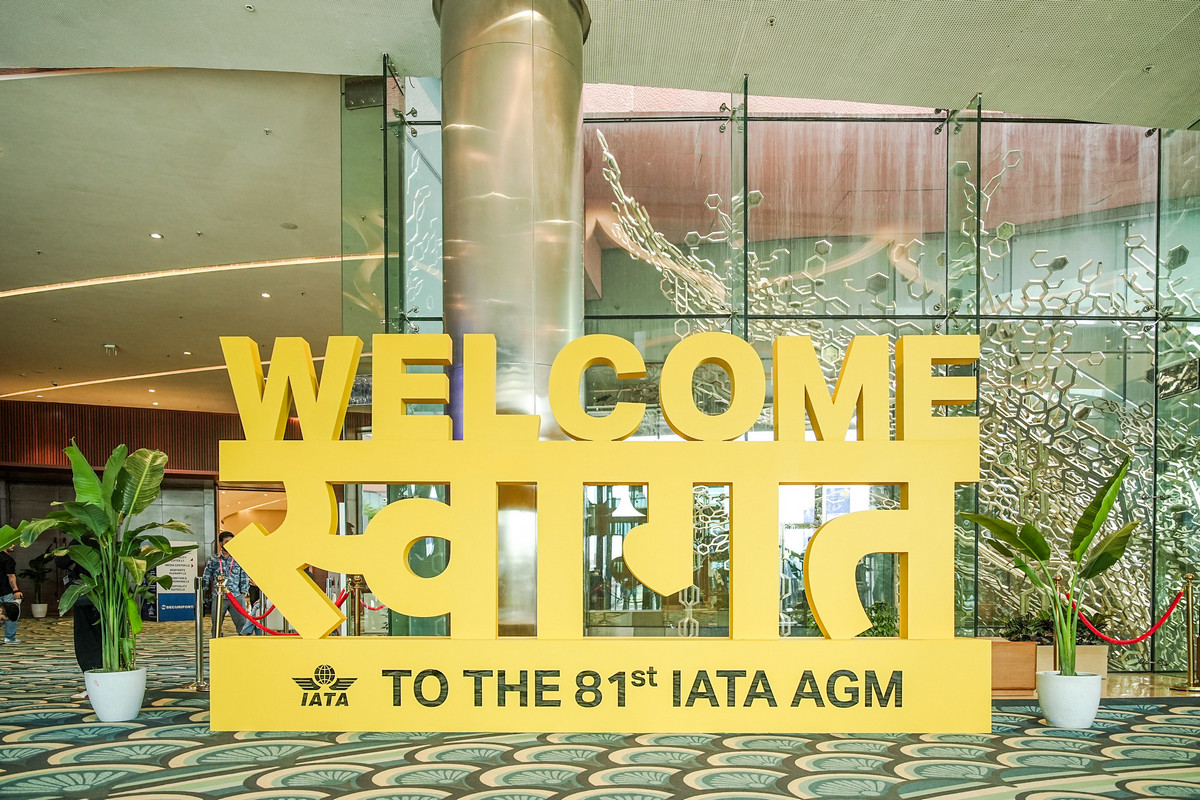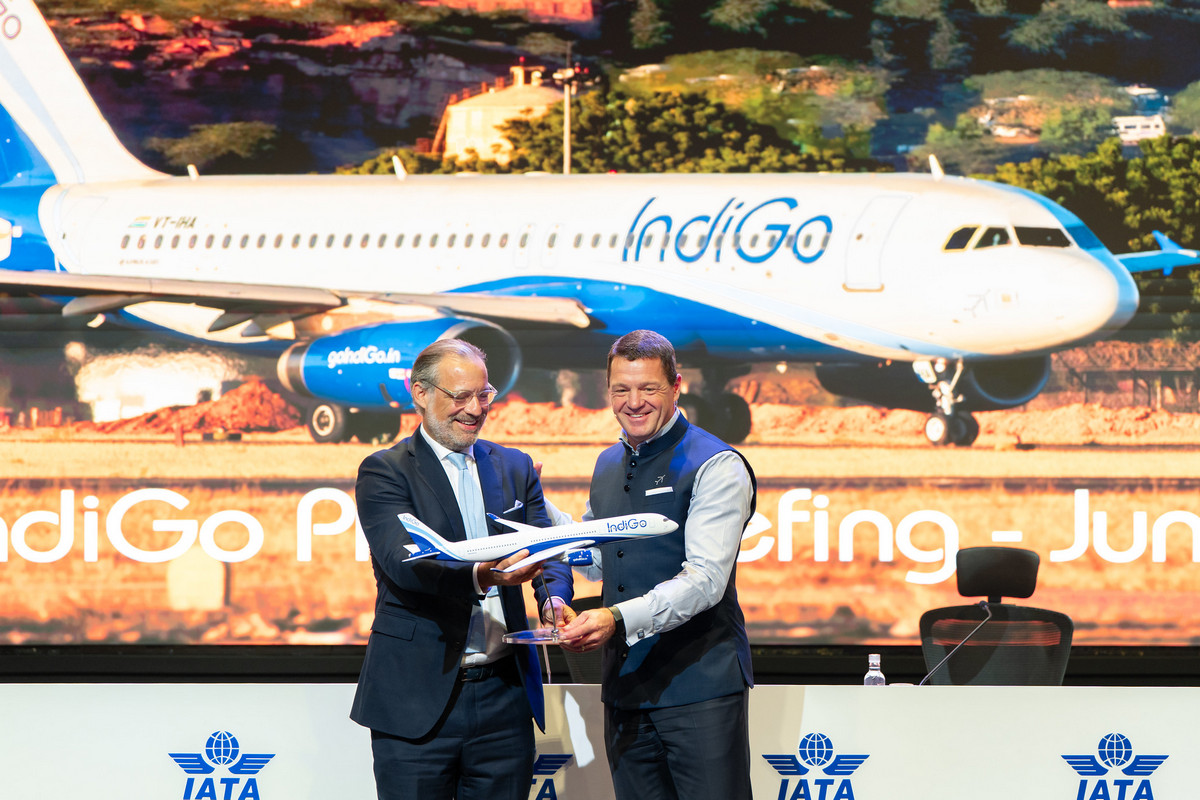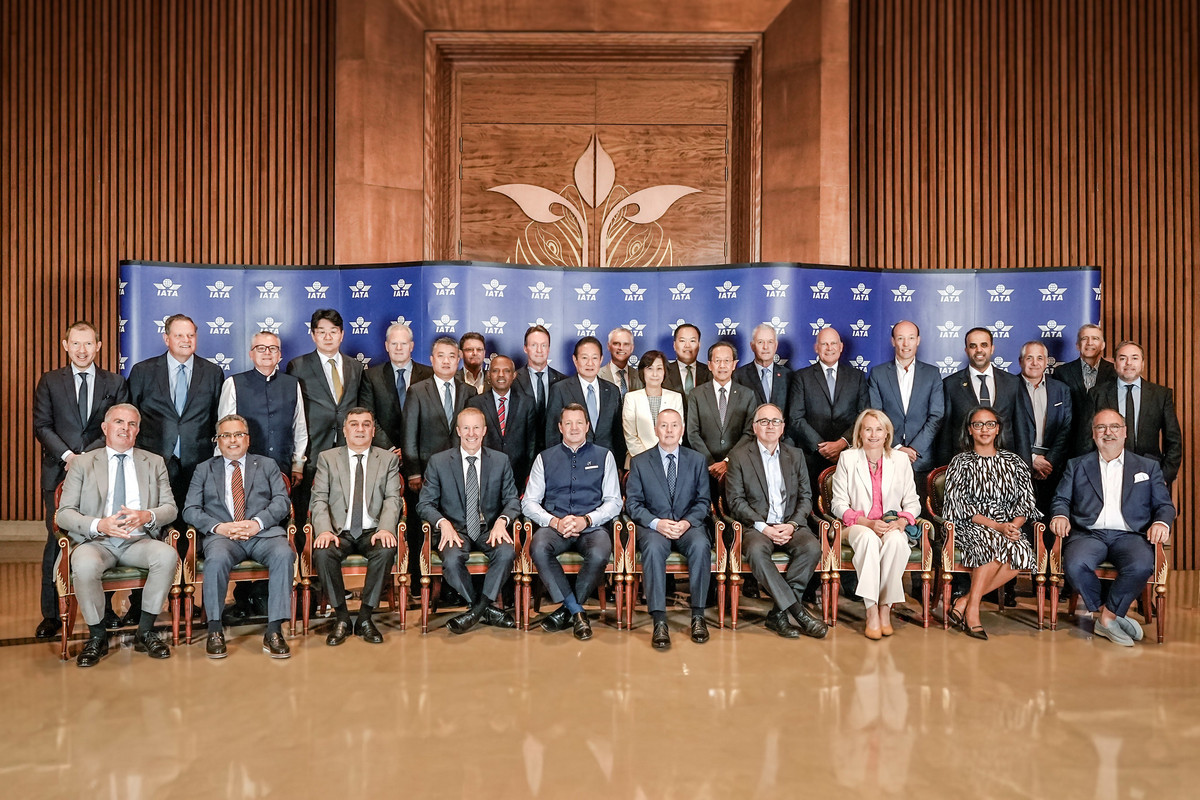Global gathering in India brings together leaders from 120 countries, with strong messages on climate responsibility, digital solutions, and airline network expansion

The world’s largest aviation industry gathering, the Annual General Meeting (AGM) of the International Air Transport Association (IATA) and the World Air Transport Summit (WATS), was held at the end of May in New Delhi. The host of this year’s edition was IndiGo, the fastest-growing airline in the market, while more than 1,700 participants from 120 countries attended, including senior representatives from airlines, governments, regulatory bodies, and the media.
This year’s meeting carried particular significance, not only due to the global context in which aviation faces challenges of sustainability, digitalisation, and economic pressures, but also due to India’s role in the transformation of the sector. Indian Prime Minister Narendra Modi personally opened the summit, emphasising the strategic importance of developing aviation for the country’s economic growth.
“Aviation is not just a means of transport – it is a tool that drives the economy, connects people, accelerates trade, and enables millions of jobs. India has the ambition to become a global aviation hub, and we will achieve that through investment, infrastructure, and innovation,” Modi told the participants.
Speaking about major infrastructure projects, Modi underlined India’s plans to construct more than 200 new airports, increase the capacity of existing ones, and invest heavily in modernising air transport, all in line with the vision of positioning the country among the world’s leading aviation hubs.
Data indicate that India’s air transport market is experiencing rapid development. Over the past year alone, passenger numbers in India grew by 15%, while the sector directly employs around 370,000 people. The overall contribution of aviation to India’s economy is estimated at more than USD 53.6 billion annually. Forecasts indicate that by 2043, India will become the world’s third-largest aviation market, behind only the United States and China.
India is becoming a key global aviation player, with ambitious plans for infrastructure and the construction of over 200 new airports
However, in addition to economic growth, the central theme of the forum was the fight against climate change. IATA Director General Willie Walsh reminded the audience that the aviation industry must take responsibility for achieving net-zero carbon emissions by 2050.
“We need to be realistic, yet ambitious. Passengers want to fly, the world needs to stay connected, but not at the planet’s expense. That is why we are investing in new technologies, sustainable aviation fuel (SAF), fleet modernisation, and digital solutions that help reduce emissions,” Walsh stressed.

As a concrete step in that direction, IATA presented an upgraded version of the CO2 Connect platform, now integrated with global flight booking systems, including Amadeus. This tool enables passengers and corporations to obtain precise information on CO2 emissions for each flight at the point of ticket purchase, based on real operational data from over 70 airlines. The sector thus gains a consistent method for calculating emissions, meeting the latest international standards, including ISO 14001, as well as strict European Union regulations. The transparency provided by CO2 Connect aims to support informed travel decisions and assist airlines in accurate reporting within increasingly complex and demanding regulatory frameworks.
Another critical technological advancement is the FuelIS system, an analytical platform that processes data from over eight million flights annually. GOL and TAP Air Portugal were among the first carriers to implement this tool. FuelIS allows airlines to conduct detailed analyses of fuel consumption, identify potential savings, and reduce unnecessary operational costs. IATA estimates that widespread use of FuelIS could contribute to reducing carbon emissions by approximately 10% by 2050, significantly impacting the achievement of global climate targets.
Alongside these initiatives, IATA openly addressed the longstanding issue of blocked airline revenues in certain countries. The latest data reveal that a total of USD 1.3 billion from the sale of air tickets and related services remains trapped due to restrictive foreign exchange policies and administrative barriers in around ten countries, including Mozambique, Algeria, Bangladesh, Nigeria, and several markets in Central Africa. Although this represents an improvement compared to the previous period when the total amount exceeded USD 2 billion, IATA emphasises that such practices undermine airline liquidity, erode investor confidence, and ultimately harm market connectivity and mobility for citizens.
Air Serbia unveiled its plans for network expansion across Europe and the Middle East – the Serbian carrier’s presence drew significant attention from global media
Among the topics that marked this year’s gathering, diversity, equality, and inclusion stood out as key themes. IATA presented its annual awards to individuals and organisations making significant contributions to increasing the representation of minorities and women in the aviation sector. Captain Claudia Zapata-Cardone, founder of Latin Professionals in Aerospace, received the award for personal contribution. In contrast, Katherine Moloney, founder of Elevate (her) Aviation from Canada, was named the best young leader. Air Canada received the team award for its CARE initiative, which includes mentoring programmes, education, and career development opportunities for women and members of minority communities across Canada.
These awards come at a time when the aviation industry globally is working to reduce gender and ethnic disparities, particularly in leadership and technical roles, which continue to be male-dominated.
Finally, it was announced that the next IATA Annual General Meeting will be held in Rio de Janeiro in June 2026, hosted by LATAM Airlines Group. This will mark the first return of the IATA forum to Latin America in over two decades, highlighting the growing importance of markets across the southern hemisphere.
The New Delhi summit sent a clear message: the future of aviation will be shaped by the industry’s ability to simultaneously address climate challenges, digital transformation, economic pressures, and the growing demand for social responsibility and inclusion.
Serbia at IATA AGM
Air Serbia’s presence at the IATA AGM in New Delhi garnered international media attention, particularly due to the airline’s plans for further network expansion. The focus was on new seasonal routes to popular European destinations, including Mykonos and Florence, as well as the return to the Georgian market with the Tbilisi service. The airline also announced its intention to strengthen its presence in the Middle East region in the future, aligning with rising demand and Belgrade’s strategic positioning as a transportation hub.
The 2025 IATA AGM, held in early June in Delhi, India, was also marked by a record number of Serbian media and domestic aviation journalists in attendance.
